Trent Alexander-Arnold maintained Liverpool’s torrid run with injuries even after the close of the domestic season, but it’s not all bad news, as Dr Rajpal Brar explains.
Heartbreaking just about covers it for Liverpool’s No. 66 as after months of debate surrounding his England selection, he would be ruled out less than 48 hours after being named in the 26-man squad.
The injury was as cruel as it was kind, dependent on if you look at it from an England or Liverpool perspective, but all focus will now be on his recovery.
As Alexander-Arnold went to clear a ball with his right foot during the Three Lions’ Euros warm-up match vs. Austria, his left leg momentarily collapsed underneath him.
Moments later, the dynamic right-back grabbed at the outside of his left upper leg after clearing a ball with that very same leg and walked to the sidelines.
He immediately signalled to the bench for a substitution and dejectedly walked off the pitch with the physios – a sight that has become all too familiar for Liverpool Football Club this past season.
The injury seemed to be an injury to the quadriceps – four muscles that run from the hip to the knee and are key in football for single-leg stability and kicking.
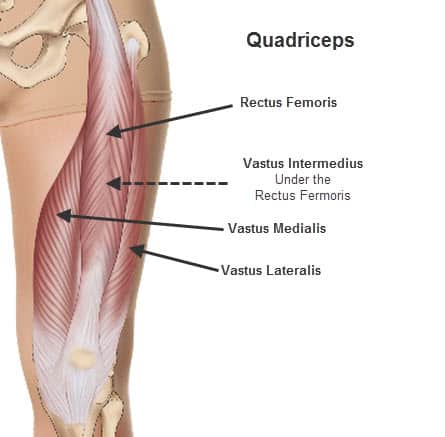
After undergoing examination and imaging (most likely an MRI which is the gold standard for diagnosing soft tissue injuries including muscle tears), Alexander-Arnold was reported to have a “grade 2 tear of the quadriceps”.
Grade 2 is colloquially considered a partial or “moderate” tear of the muscle:
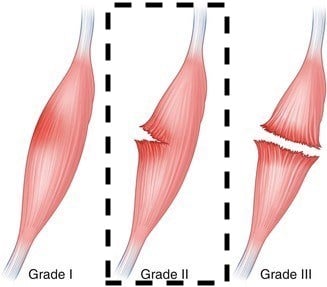
Return timeline
Alexander-Arnold’s return timeline has initially been reported as four to six weeks, which aligns with the expected return following a grade 2 quad tear.
However, the true variance on these injuries really comes down to the injury specifics.
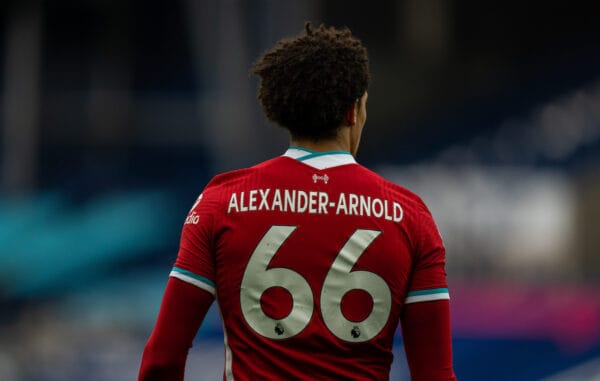
An injury to the rectus femoris muscle – the most commonly injured quadriceps muscle – can be more sensitive because that muscle crosses both the hip and knee joints, which creates a double demand and stress on it.
Further, injuries near the tendon take longer to rehabilitate than injuries to the muscle belly. And Alexander-Arnold’s initial reaction of grabbing at the outer part of his leg may indicate this injury is more so in the muscle belly than near the tendon unit.
Physiotherapy process
Alexander-Arnold left the England international team following the injury and now will continue his rehabilitation with the Liverpool physio team.
The key goals early in physiotherapy are maintaining a baseline of range of motion and strength while limiting pain or discomfort. As the tissue heals, he will progress to higher intensity sessions.
For example, using blood flow restriction training which imparts stress of a heavier load with much less load required. You may have seen centre-back Virgil Van Dijk using this earlier in his rehab.
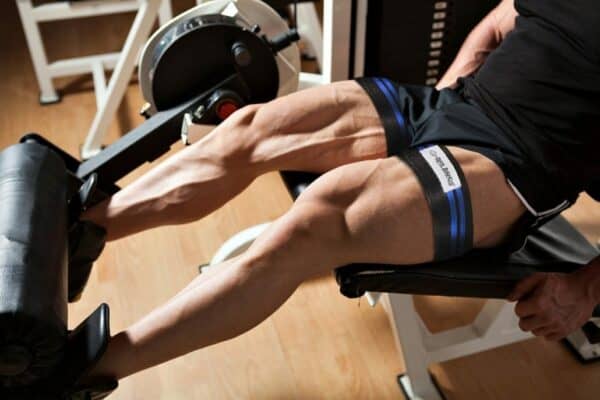
The good news
The physio sessions will ramp up into pre-season and that brings us to the good news.
Alexander-Arnold should be ready or nearly ready for the beginning of pre-season – barring any setbacks in therapy – and rejoin his Liverpool teammates and other counterparts coming off their own injury rehabilitation.
The key moving forward will be managing his workload early on and ongoing strength and conditioning to mitigate any re-injury risks, as quad tear injuries have a relatively high reinjury rate due to the demand placed on them in football.
That being said, that’s an inherent risk after essentially any muscular injury as the highest indicator of future muscle injury is previous muscle injury.
The upshot
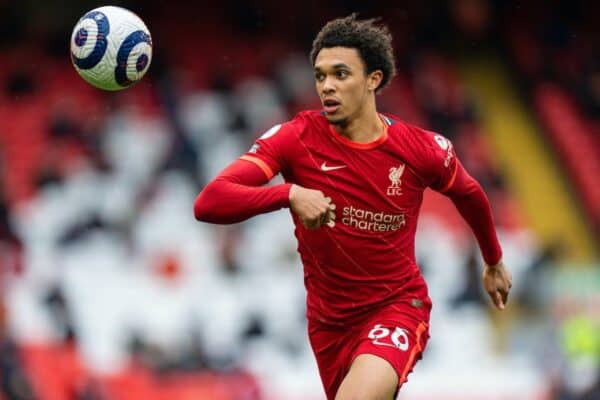
All in all, it is gutting that Alexander-Arnold misses out on the Euros and that irreplaceable experience – particularly for a young player – but at least it took place early enough in the summer and at a severity that allows him to return with ample time to ramp up for next season.
Jurgen Klopp is to see members of his squad, not involved in international action, return for pre-season on July 12, just 33 days before the start of the 2021/22 season.

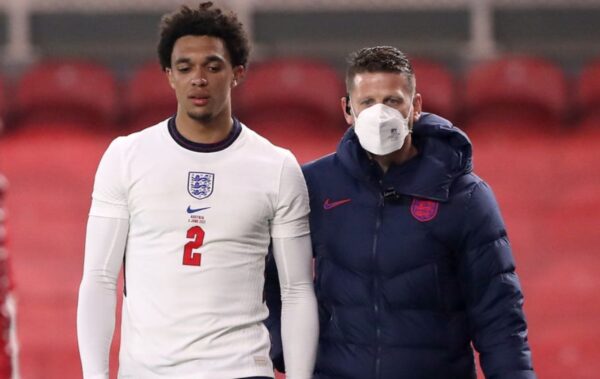


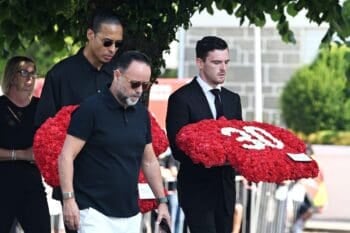

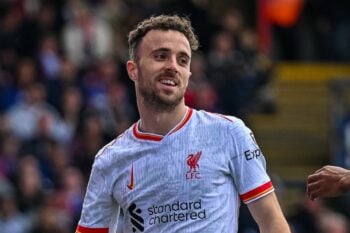
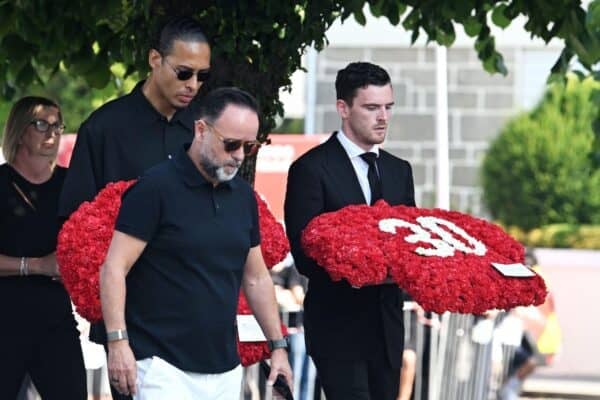
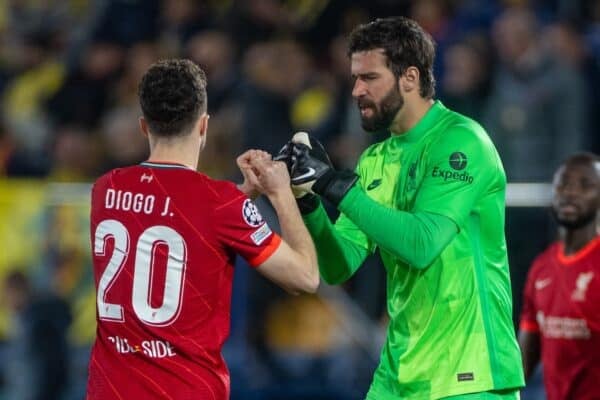
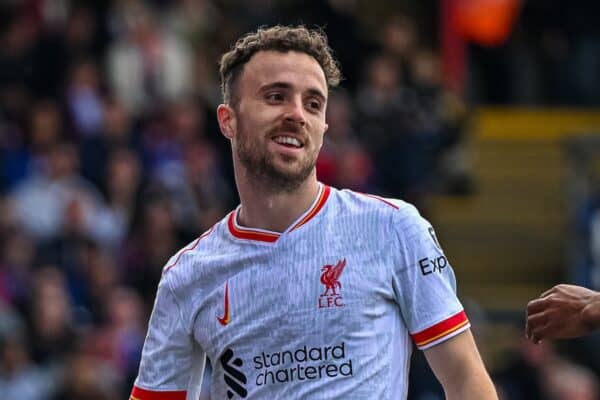
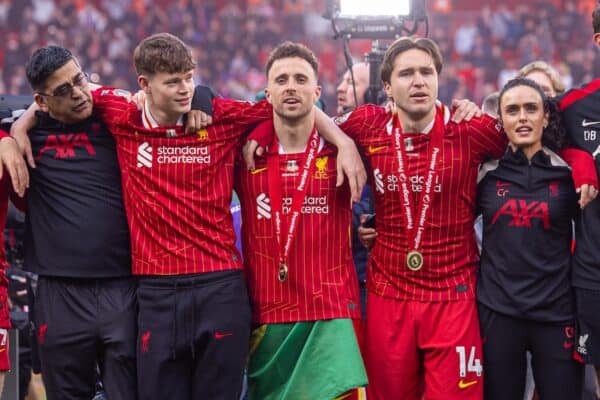
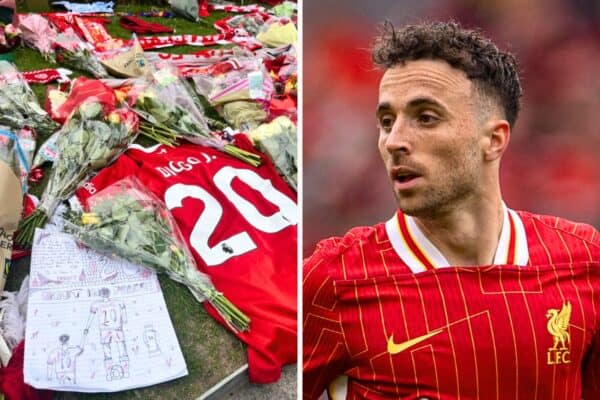
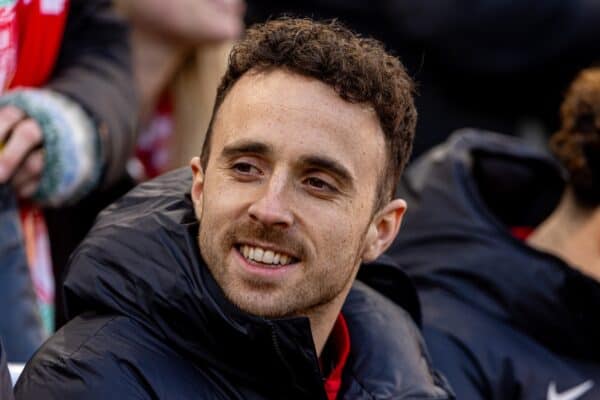
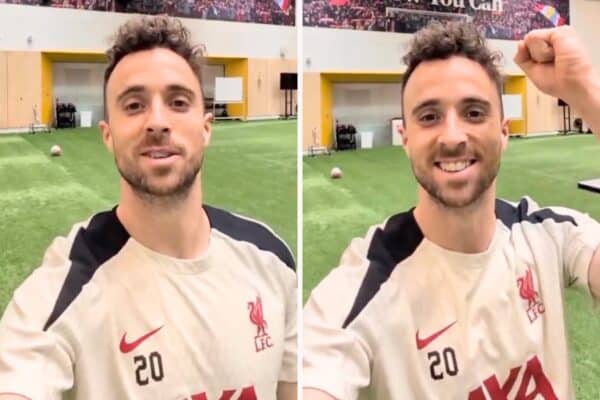
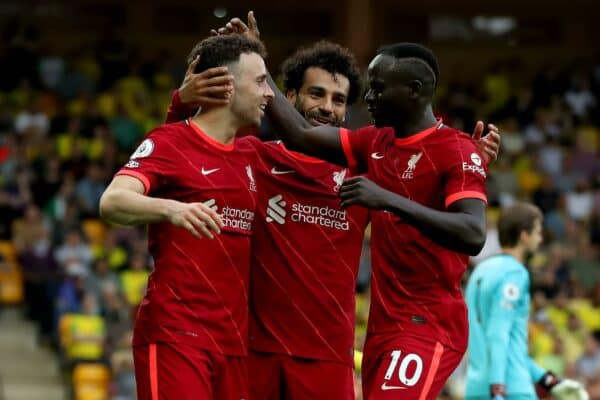



Fan Comments